IDDRR2024: Engaging Alumni in Emergency Management, A Call to Action for Public Safety
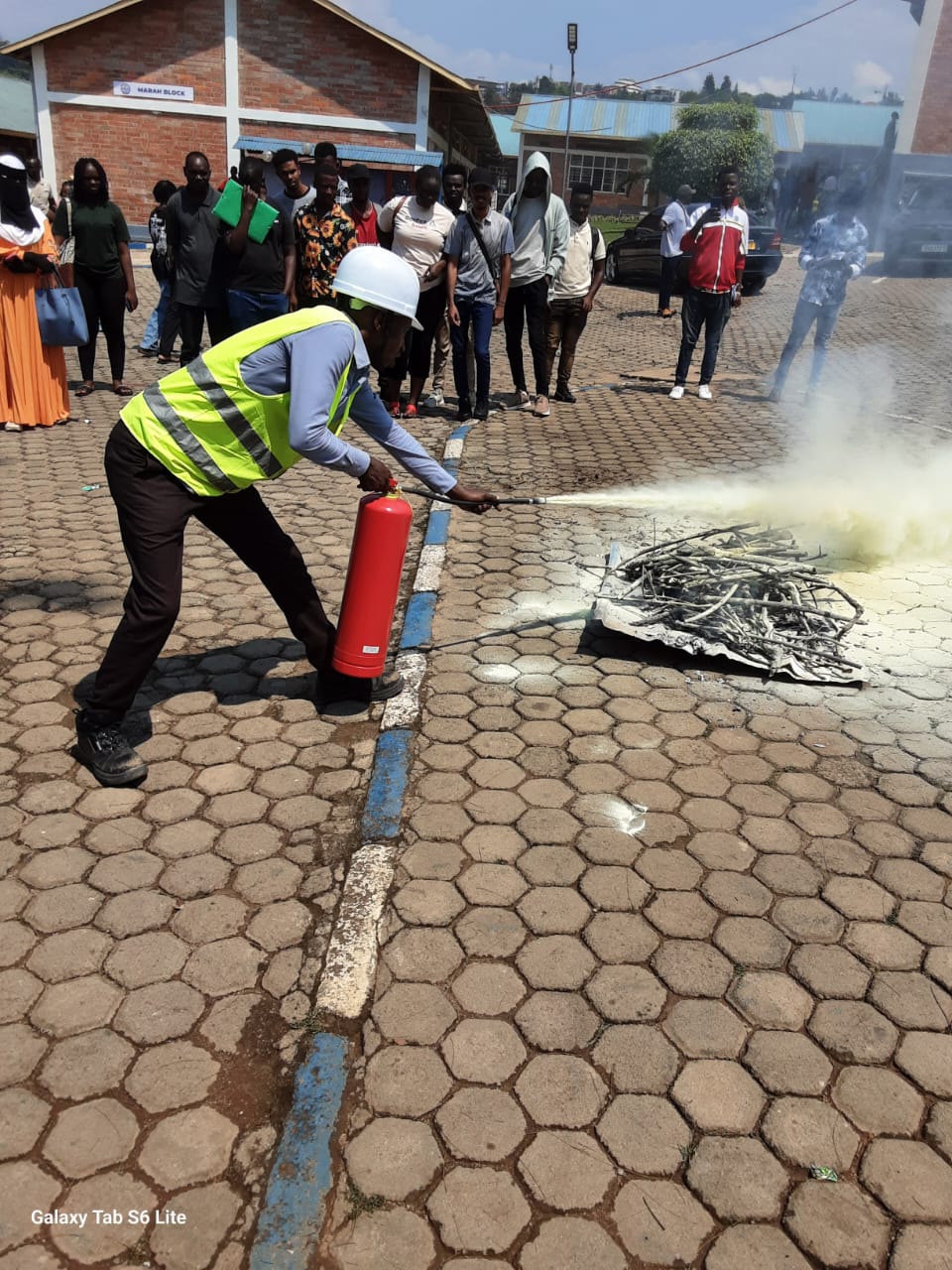
Alumni and students from the Emergency and Disaster Management Faculty at UNILAK express their desire to collaborate with the government to implement Disaster Risk Reduction measures more effectively. They believe that by doing so, these measures can be enacted quickly, providing job opportunities for graduates.
This sentiment was shared during the celebration of the International Day for Disaster Risk Reduction (IDDRR2024) on Thursday, October 24th, an event organized by alumni and students of the Emergency and Disaster Management Faculty at UNILAK University. The occasion coincided with recent disasters that have impacted several regions of the country, resulting in injuries, loss of life, and destruction of property.
Kaje Kamatali Rodrigue, GNDR Rwanda focal point & ADRRES Organization LR, and an alumnus of UNILAK’s Emergency and Disaster Management Faculty, emphasized the importance of expediting the implementation of effective measures to combat emergencies and disasters.
“The government’s policies and measures regarding Disaster Risk Reduction are well formulated, but their execution is sluggish. We propose that we be given the opportunity to assist them in accelerating this process, because disasters are real, and they are happening,” he stated.
He further mentioned that it is ultimately up to alumni and students to demonstrate their capability in this area. “It is incumbent upon us, both alumni and students, to show the government that we are here to partner with them for the safety and health of employees in the workplace. By doing so, we contribute to sustainable development,” he stressed.
Rodrigue also expressed gratitude towards UNILAK University for establishing the Emergency and Disaster Management department, deeming it essential for collaboration with government agencies to conduct research that identifies and highlights existing issues.
“The primary role of UNILAK is not only to educate but also to work alongside government agencies to conduct comprehensive research and address existing problems, allowing entrepreneurs and investors to provide research-based contributions and solutions,” he emphasized.
Kanyeshuri Josaphat, a lecturer at UNILAK University specializing in Environmental Health and Safety, voiced that students should strive to study diligently during their time in school to equip themselves with the necessary skills to innovate and compete successfully in the job market.
“Many issues related to hazards or disasters have led to significant damage and loss for individuals due to a lack of knowledge,” he observed. He noted that the abundance of jobless graduates in Emergency and Disaster Management has discouraged many students, leading some to switch to other programs like Environmental Conservation.
“These challenges exist, but they do not deter us. The program is vital, and we must continue to raise awareness, encourage participation, and demonstrate our capabilities,” he affirmed.
Current Environmental Conservation student Rachel Uwigennye shared her concerns about the frequent reminders from external sources suggesting that job prospects in their field are limited, prompting her to choose a different academic path.
Kanyeshuri also highlighted a significant need for community education regarding emergencies and disasters, emphasizing the importance of safety in all professions and workplaces. “We must educate the community, including employers, about this program so that our graduates can secure the jobs that are rightfully theirs,” he added.
Boniface Bangamwabo, Occupational Safety and Health Promotion Specialist at the Ministry of Public Service and Labour, stressed the university’s responsibility to inform the community about the availability of Emergency and Disaster Management graduates. “They should understand that securing a job is highly competitive. Success often requires exceeding expectations and looking beyond academic knowledge. Various NGOs, ministries, and partners need them, but they may not realize that these graduates exist,” he explained.
Jean Claude Mwiseneza, Executive Director of LWD (Learn Work Develop), advocated for the importance of preventing accidents and disasters in every workplace rather than dealing with their consequences. “Those who have learned about these issues should share their knowledge. Security should be regarded as a priority, just as important as environmental protection, social inclusion, and gender considerations. The government needs to establish safety plans for every workplace,” he urged.
Rodrigue further stressed the need to prioritize prevention over the potential devastation of years of progress due to a single disaster.
Students also expressed their wish for UNILAK to facilitate connections with public and private companies for collaborative work opportunities and requested more workshops and training to familiarize themselves with job requirements.
The International Day for Disaster Risk Reduction (IDDRR) is celebrated annually on October 13th. In Rwanda, disaster contexts are mainly linked to natural, man-made, and mixed disasters.
A National Policy on disaster risk reduction and prevention has been in place since it was formulated in 2002 and approved by the Cabinet in July 2003. Each year, an average of 10,000 people in Rwanda are directly affected by disasters such as floods or droughts, with over 15,000 hectares of agricultural land destroyed annually.
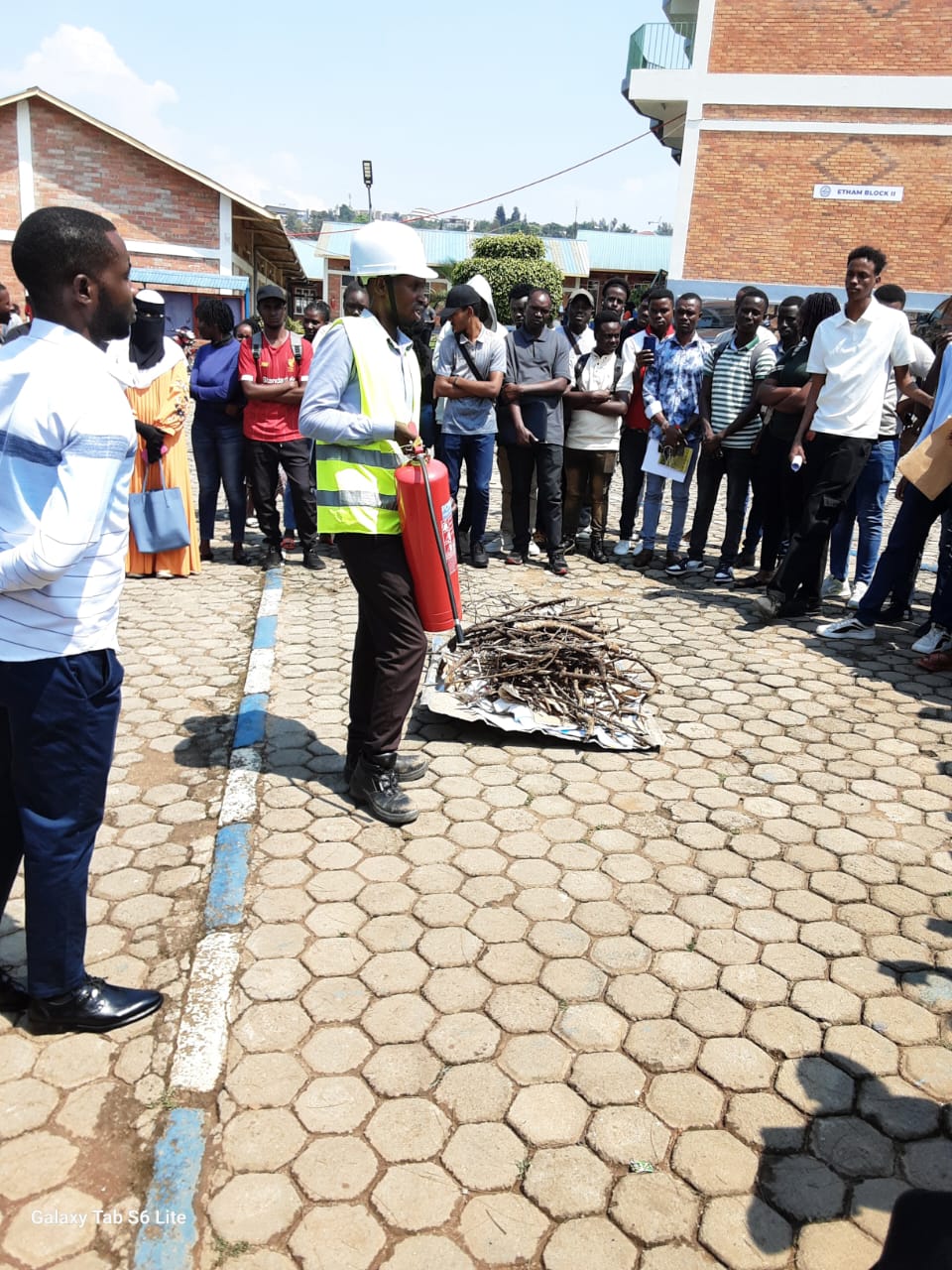
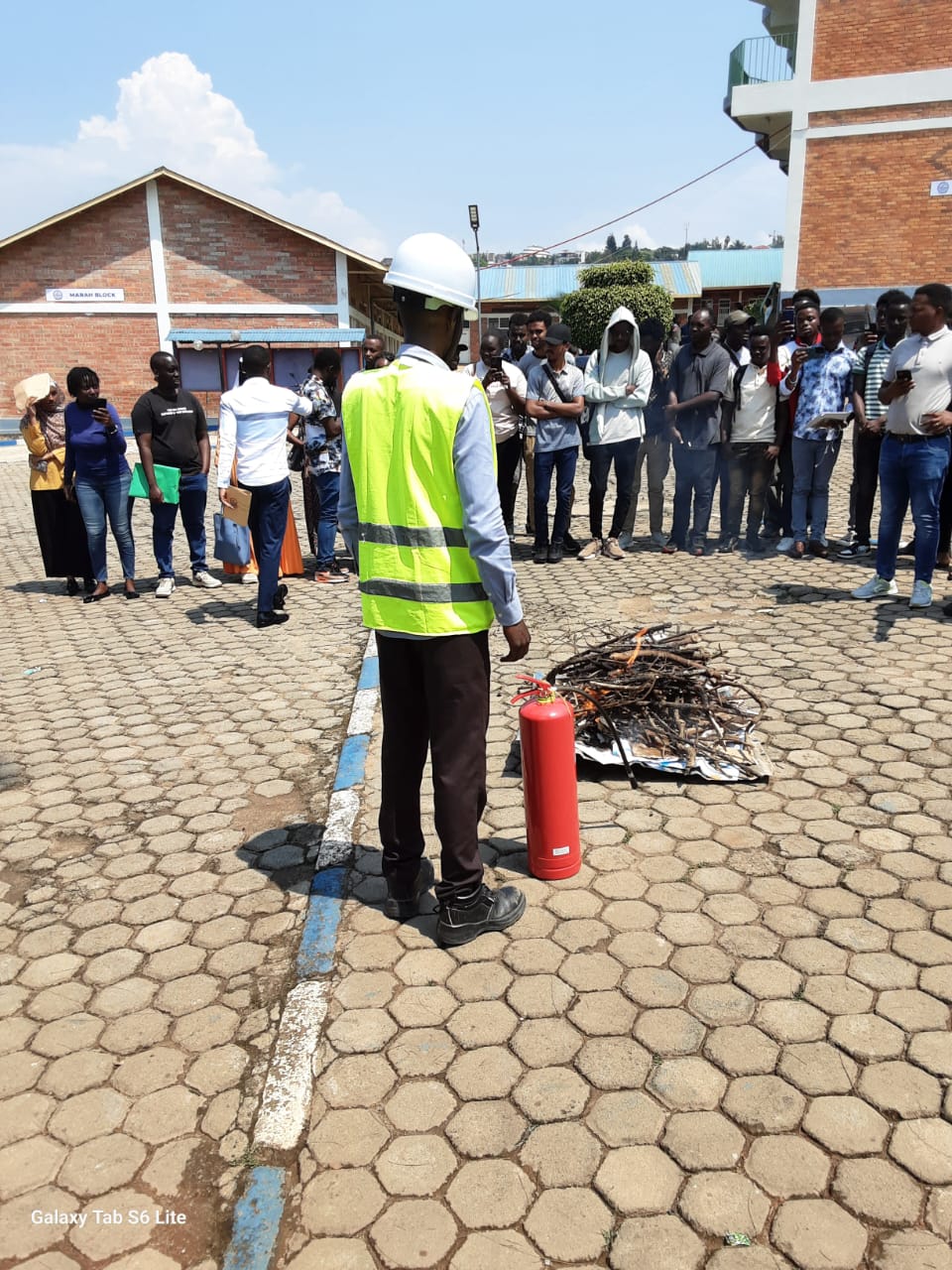
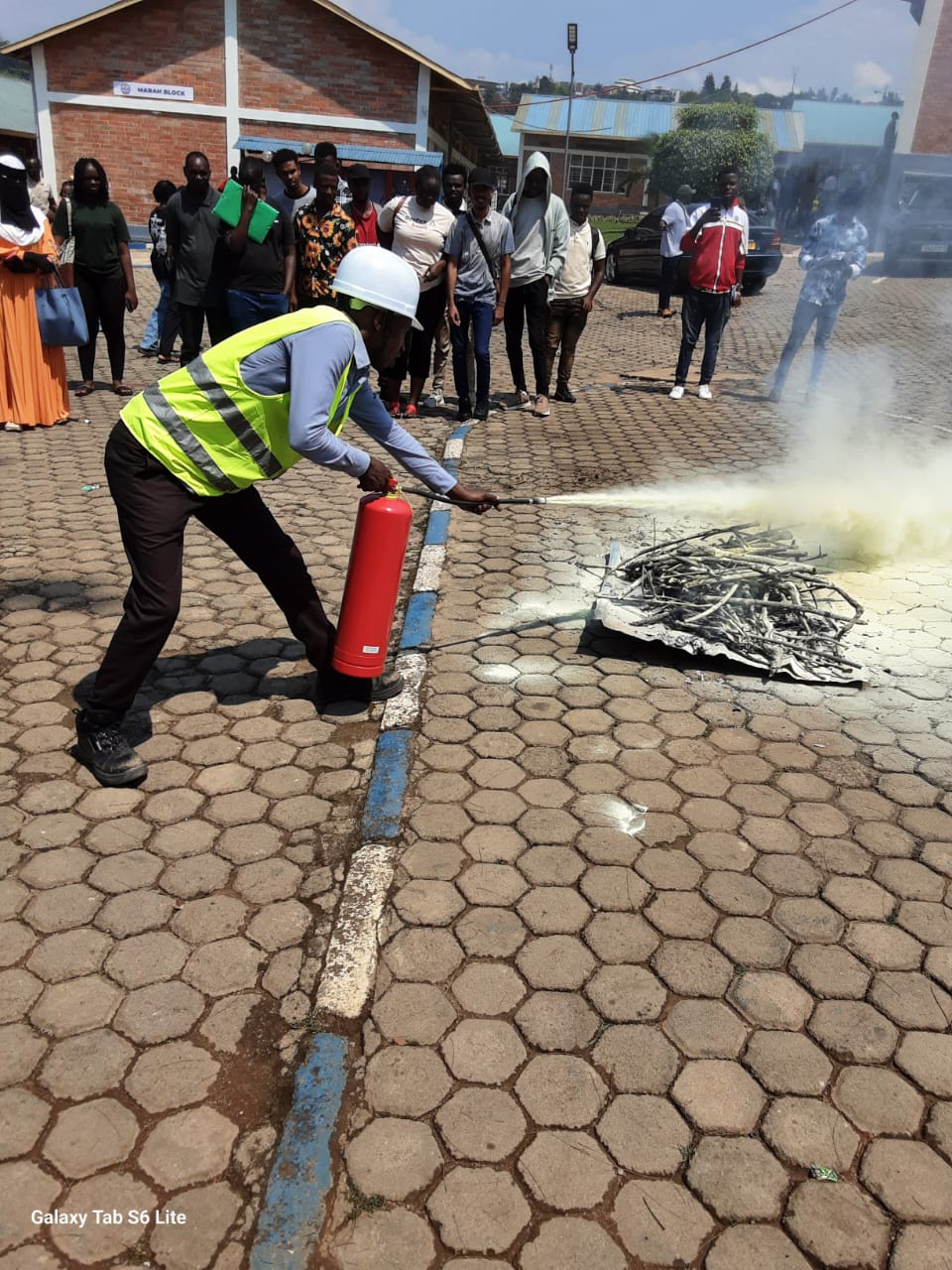
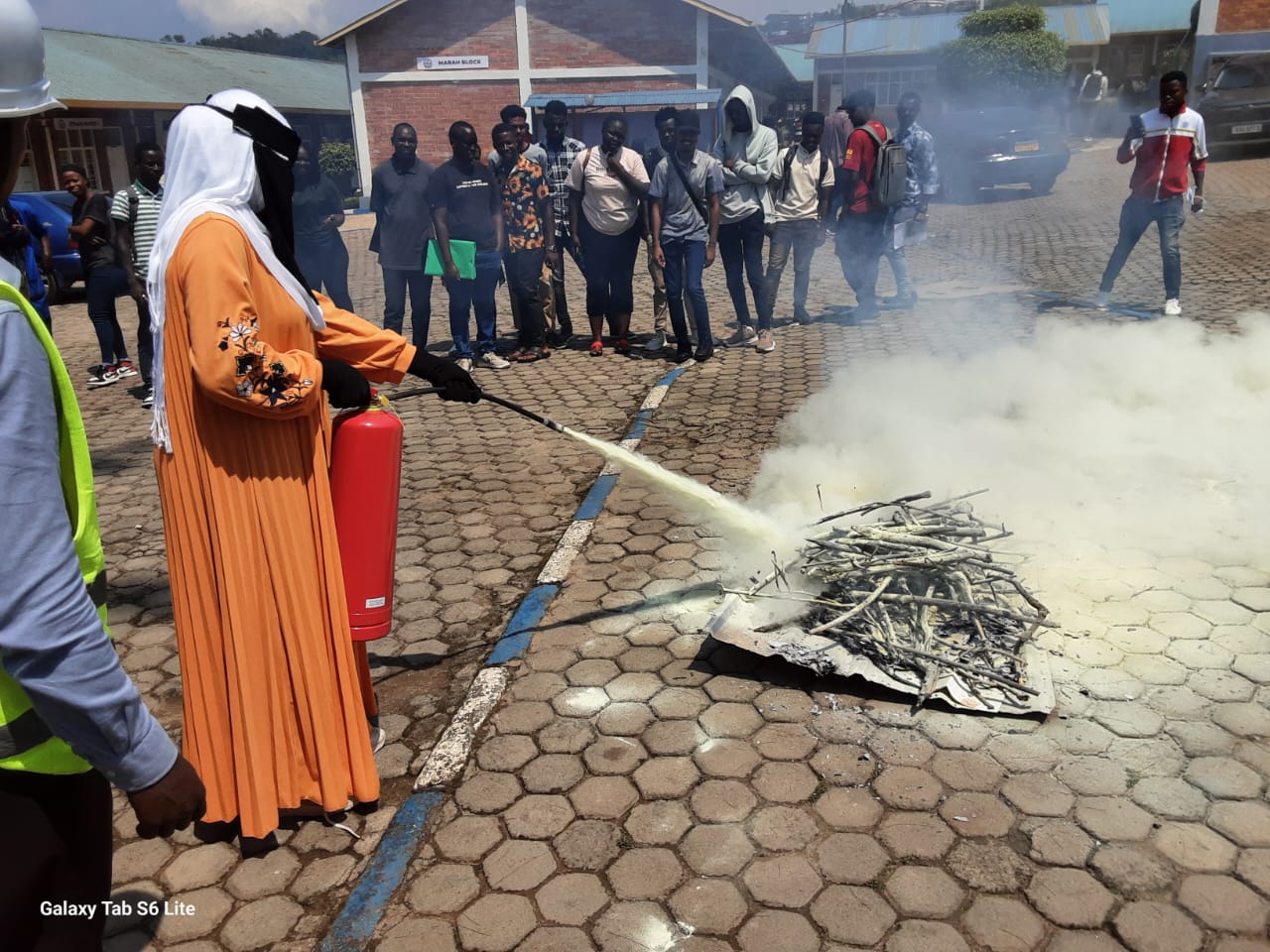
Related Articles
Strengthening Rwanda’s SMEs for Circular Food Systems: Embedding Circularity Beyond Project Implementation for Long-Term Transformation
As Rwanda advances its circular economy ambitions, small and medium-sized enterprises (SMEs)...
Powering Food, Restoring Land: How Renewable Energy and Regenerative Agriculture Are Transforming Rwanda’s Farms
Across Rwanda’s rolling hills, a quiet revolution is underway. It begins in...
Late February Weather Alert: Heavy and Above-Average Rainfall Forecast Across Rwanda
The Ministry in charge of Disaster Management (MINEMA) has issued a weather...
GBOX Launches AI Literacy Initiative to Support Rwanda’s Digital and Sustainable Development
A new Artificial Intelligence (AI) literacy program has been introduced last week...






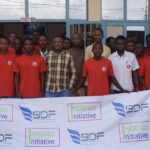


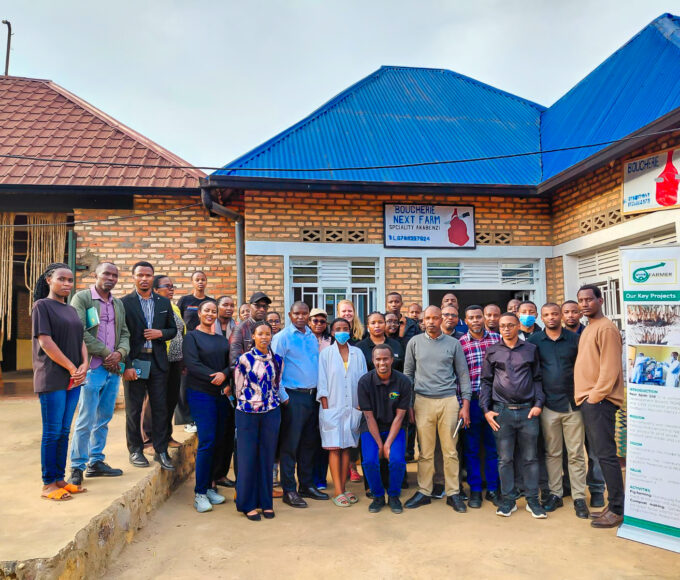

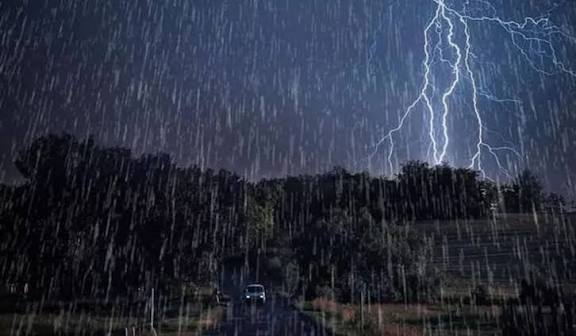
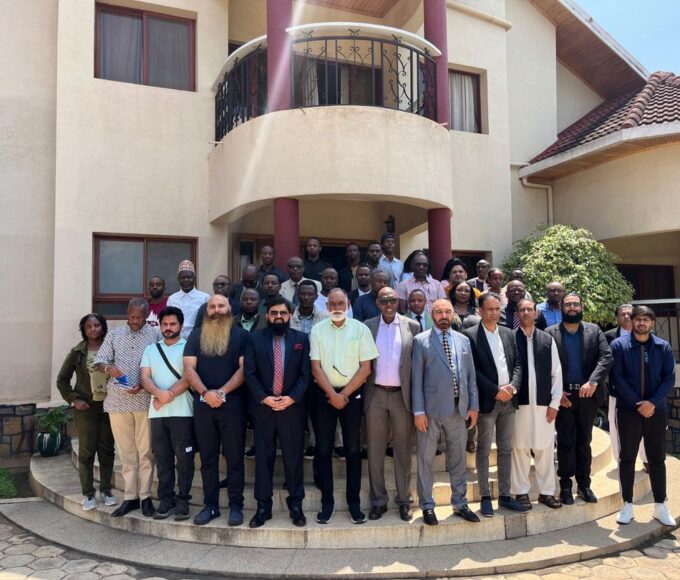
Leave a comment